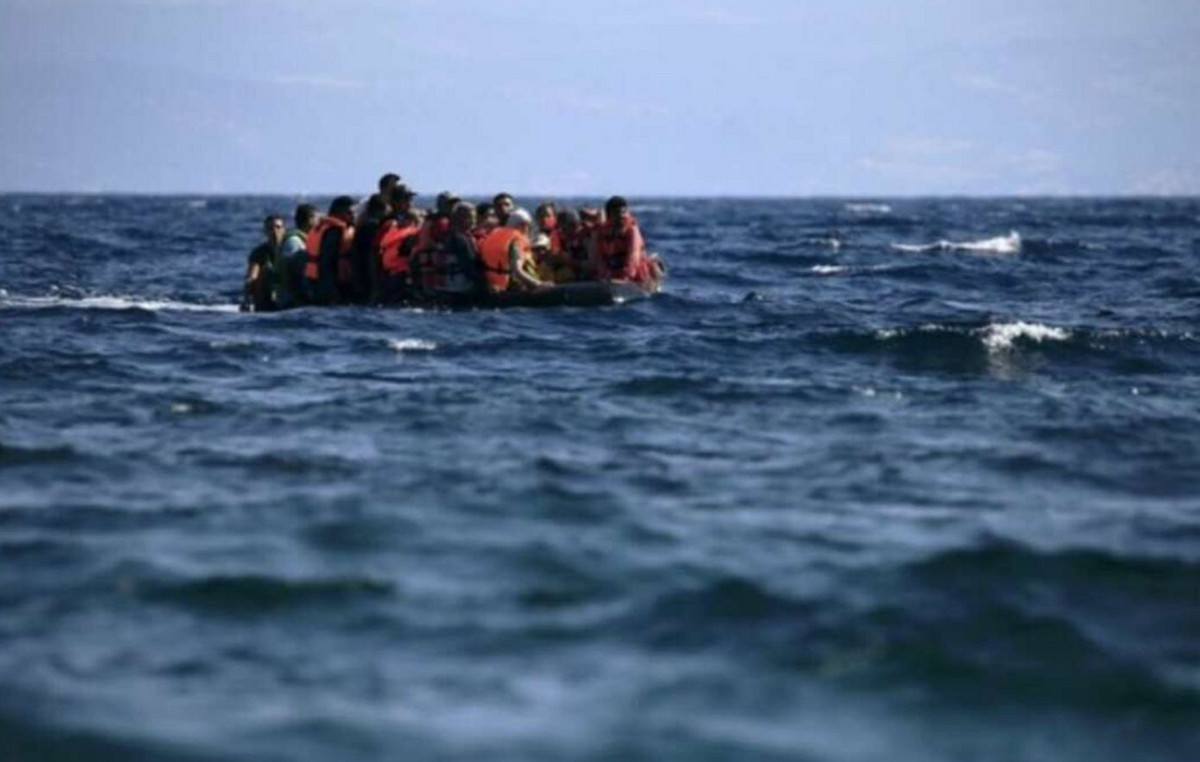The escalation of the war in the Middle East also highlighted the actions of the United States, China and Russia. Military powers that have placed themselves on opposite sides of the conflict.
The Americans, from the beginning, supported the Israeli offensive in the Gaza Strip and defended in the UN Security Council a resolution that guarantees Israel’s right to self-defense, without demanding a ceasefire.
So far four resolutions have failed. In this scenario, China assumes the rotating Presidency of the Council, in place of Brazil, and tries to position itself as a peacemaker, despite experts believing that a diplomatic solution is unlikely. What is also at stake are the military movements of these countries on other fronts.
China again warned this week that it “will show no mercy” against any move in favor of Taiwan, the autonomous island that the ruling Communist Party of China claims as its own. The statement took place during a security forum promoted by the country.
In his speech, the Communist Party’s top military officer, General Zhang Youxia, made veiled criticism of the United States, which was present. Beijing cut off high-level military dialogue with Washington last August in retaliation for a visit by then-US House Speaker Nancy Pelosi to Taiwan.
The Chinese constantly keep warships close to the island as a show of force and attack attempts at interference, such as the sale of weapons by Joe Biden’s government to Taiwan.
For Carlos Gustavo Poggio, professor in the department of political science at Berea University, in the United States, the geopolitical tension between China and the United States is the main issue of international relations in the 21st century. “We are back to a time of friction between great powers and a war in the region could be even broader.”
Poggio states that “it is possible that a conflict in the Taiwan region is beginning”.
“If China takes any action in the sea in the south of the country and the Americans do not react, it could cause a loss of international credibility, in addition to an internal political crisis, since the North American Congress is very strong in defending Taiwan ”, says Poggio.
VIDEO: Rafah was opened thanks to US leadership, says Biden
A potential meeting between Chinese President Xi Jinping and American President Joe Biden in the United States next month is seen by both sides as an important opportunity to stabilize ties.
Chinese Defense Ministry spokesman Wu Qian said at a press conference last week that Chinese officials would “have exchanges” with the US delegation.
“China attaches great importance to the development of military relations between China and the United States,” Wu said, adding that he hoped for a “conducive atmosphere for the healthy and stable development” of their military relations, according to state media.
Fausto Godoy, retired ambassador, who served in eleven Asian countries, including China, and worked in Brazil’s commercial office in Taiwan, warns of the seriousness that a possible conflict would have on the world order.
“Westerners are playing with fire, Taiwan is part of the Chinese soul and rescuing Taiwan is very important for China”, he mentions.
“The mainland and Taiwan need to negotiate. It is necessary to use this path to continue talking about what should have been resolved in 1949. It is a legacy that has been carried since then and needs to be managed, until it is resolved”, he adds.
Despite a possible escalation in tensions, visiting professor at the University of Foreign Affairs of China, Marcus Vinícius de Freitas, considers that military action in the region is not in the Chinese interest at this time.
“Firstly, China wants to avoid an international collision, considering the US diplomatic alliances, which would cause a deterioration in the Chinese economy. Furthermore, the Chinese have a long-term view of Taiwan. The perspective is that, naturally, Taiwan will once again become part of mainland China, just as happened with Hong Kong and Macau.”
Marcus Vinicius, however, highlights that the Chinese want to dominate the territory. “For this reason, the Chinese do not give up control in the region and sovereignty over Taiwan. In the event of an escalation of the conflict, the Chinese government would seek, first and foremost, multilateralism. But the military instrument could be used”, says the professor.
* With information from CNN International
Source: CNN Brasil
Bruce Belcher is a seasoned author with over 5 years of experience in world news. He writes for online news websites and provides in-depth analysis on the world stock market. Bruce is known for his insightful perspectives and commitment to keeping the public informed.







